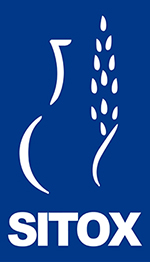A case of unstable bradycardia requiring comprehensive management in the emergency department: BRASH syndrome

Submitted: 21 April 2022
Accepted: 11 August 2022
Published: 27 September 2022
Accepted: 11 August 2022
Abstract Views: 555
PDF: 265
Publisher's note
All claims expressed in this article are solely those of the authors and do not necessarily represent those of their affiliated organizations, or those of the publisher, the editors and the reviewers. Any product that may be evaluated in this article or claim that may be made by its manufacturer is not guaranteed or endorsed by the publisher.
All claims expressed in this article are solely those of the authors and do not necessarily represent those of their affiliated organizations, or those of the publisher, the editors and the reviewers. Any product that may be evaluated in this article or claim that may be made by its manufacturer is not guaranteed or endorsed by the publisher.

 https://doi.org/10.4081/ecj.2022.10566
https://doi.org/10.4081/ecj.2022.10566








